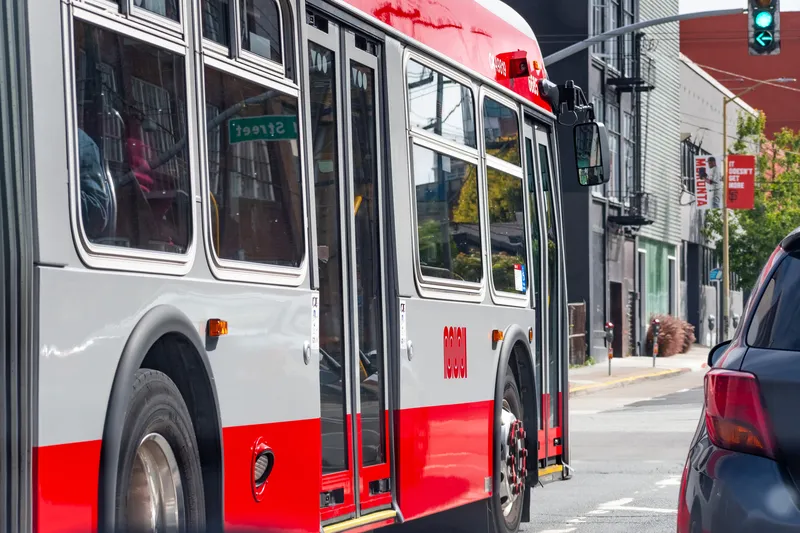The UK’s Institution of Engineering and Technology (IET) is calling for the High Speed 2 (HS2) proposals to be reassessed to become part of an integrated transport programme of metro, rail, bus and road projects to revitalise the cities of the Midlands and North.
The call comes as the Transport Secretary Patrick McLoughlin reasserted the case for the new rail line.
Prof Phil Blythe, chair of the IET Transport Policy Panel, said: “We are supportive in principle of high speed rail, but we believe that
September 13, 2013
Read time: 2 mins
RSS6674 The Institution of Engineering and Technology (IET) is calling for the High Speed 2 (1995 HS2) proposals to be reassessed to become part of an integrated transport programme of metro, rail, bus and road projects to revitalise the cities of the Midlands and North.
The call comes as the Transport Secretary Patrick McLoughlin reasserted the case for the new rail line.
Prof Phil Blythe, chair of the IET Transport Policy Panel, said: “We are supportive in principle of high speed rail, but we believe that much more detail is needed to fully understand the costs and benefits.
“The economics of a new high-speed line cannot be considered in isolation. We need to understand the assumptions regarding future growth in passenger numbers, and hence, future capacity needs, if we are to consider transferring passengers from the most profitable services on existing routes to the high speed line, the economics of the other lines will be degraded. In order to properly understand the benefits it is necessary to see what plans exist for other rail routes and their financial implications.
“These unanswered questions call into question whether the current HS2 proposal is the vehicle to deliver what is needed.
“The UK urgently needs long term planning and investment in the transport infrastructure and it is important that the government gets a project of this scale and importance right at the beginning, so that future governments can stick to the plan.”
The call comes as the Transport Secretary Patrick McLoughlin reasserted the case for the new rail line.
Prof Phil Blythe, chair of the IET Transport Policy Panel, said: “We are supportive in principle of high speed rail, but we believe that much more detail is needed to fully understand the costs and benefits.
“The economics of a new high-speed line cannot be considered in isolation. We need to understand the assumptions regarding future growth in passenger numbers, and hence, future capacity needs, if we are to consider transferring passengers from the most profitable services on existing routes to the high speed line, the economics of the other lines will be degraded. In order to properly understand the benefits it is necessary to see what plans exist for other rail routes and their financial implications.
“These unanswered questions call into question whether the current HS2 proposal is the vehicle to deliver what is needed.
“The UK urgently needs long term planning and investment in the transport infrastructure and it is important that the government gets a project of this scale and importance right at the beginning, so that future governments can stick to the plan.”










